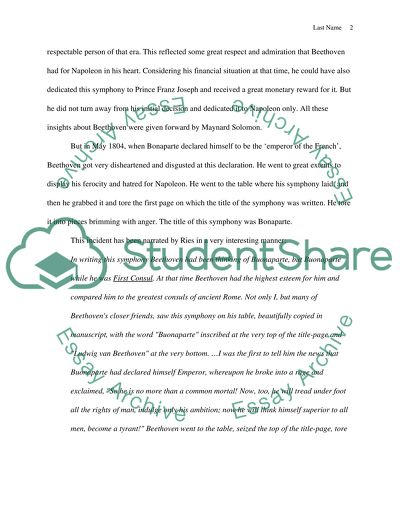Cite this document
(“Music Essay Example | Topics and Well Written Essays - 1000 words”, n.d.)
Music Essay Example | Topics and Well Written Essays - 1000 words. Retrieved from https://studentshare.org/music/1436393-major-work-review
Music Essay Example | Topics and Well Written Essays - 1000 words. Retrieved from https://studentshare.org/music/1436393-major-work-review
(Music Essay Example | Topics and Well Written Essays - 1000 Words)
Music Essay Example | Topics and Well Written Essays - 1000 Words. https://studentshare.org/music/1436393-major-work-review.
Music Essay Example | Topics and Well Written Essays - 1000 Words. https://studentshare.org/music/1436393-major-work-review.
“Music Essay Example | Topics and Well Written Essays - 1000 Words”, n.d. https://studentshare.org/music/1436393-major-work-review.


